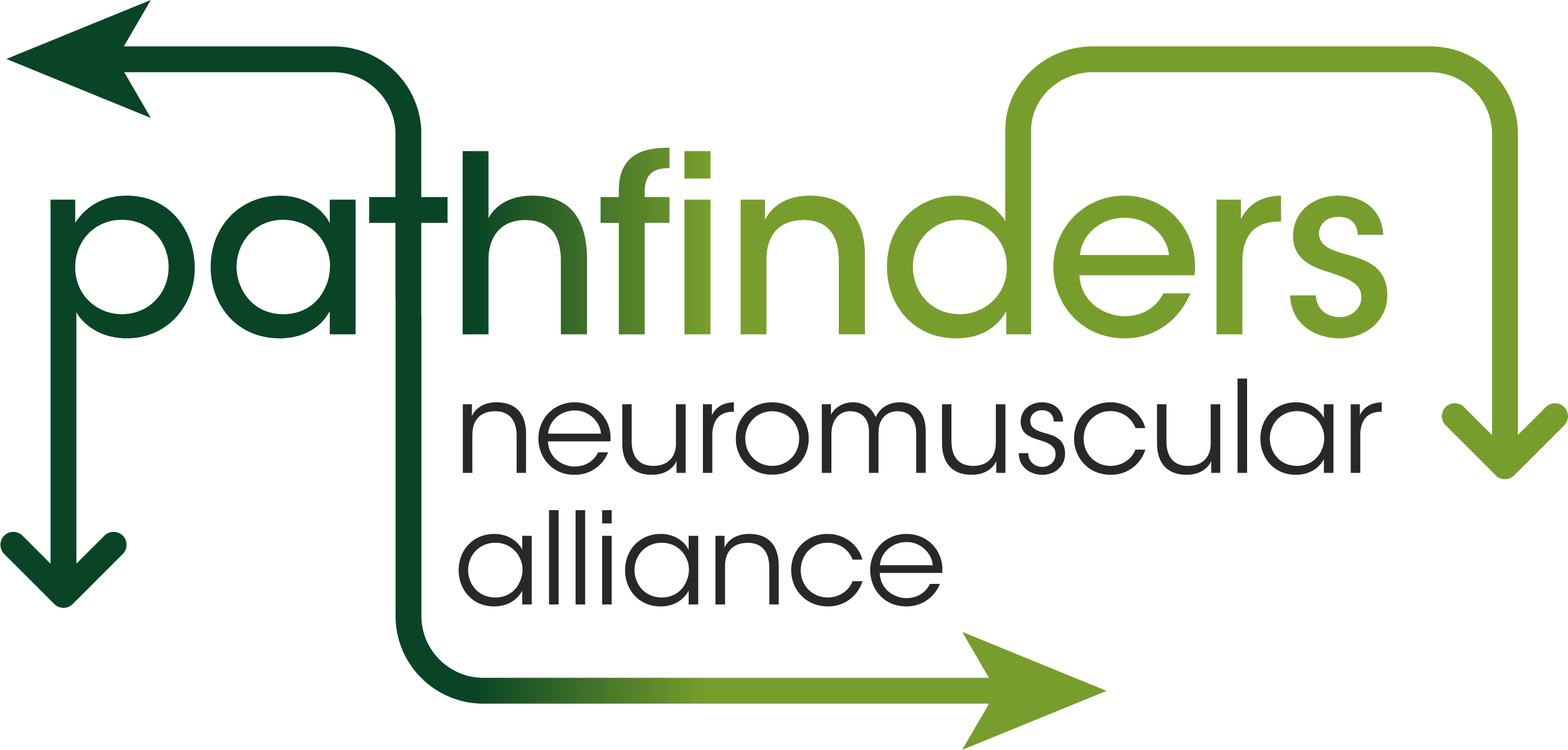Constipation is a common symptom for both children and adults with muscle-weakening conditions. This can be very uncomfortable and dangerous if untreated, as it can lead to bowel impaction. Scientists have studied the muscles involved in defecating (pooing) less than the muscles involved in swallowing. However, muscle-weakening conditions can also affect them. It has been shown that food and stool takes longer to pass through the gastrointestinal tract in adults with muscle-weakening conditions compared to other adults.
Drinking enough, having enough fibre, and eating a healthy diet can help you avoid getting constipation. However, if these don’t work, it’s important to treat constipation properly. You can take stool softeners, laxatives, and stimulants to treat or prevent constipation. There are lots of types of these:
Laxatives for Constipation
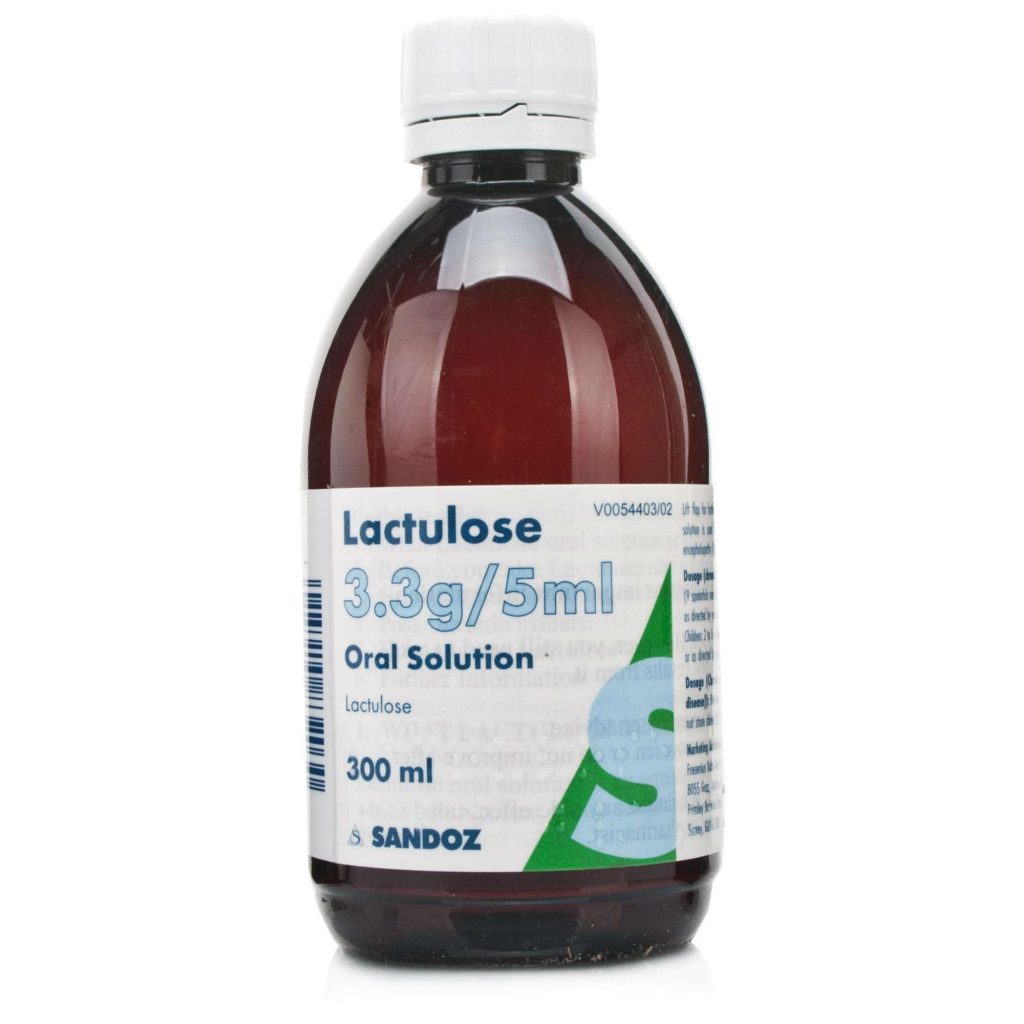
Osmotic laxatives work by increasing the water content of your stool to make it easier to pass. These include medications such as Movicol, Macrogol, Lactulose, etc. Doctors often prescribe these for long-term use in adults with DMD. They can be effective in treating severe constipation/faecal impaction.
“To manage constipation I have fruit, veg and fruit juice daily, and usually use one sachet of Movicol every 2nd day, and every day if becoming more difficult. It works very well, and I rarely have problems”.
Mark, UK
Hyperosmotic laxatives such as glycerin suppositories (inserted rectally) and enemas similarly work by attracting water into the bowels to make stools softer. These are inserted up the rectum and have a typically more immediate effect. You shouldn’t take them in the long-term as you can lose nutrients (e.g. bicarbonate) from your bowel.
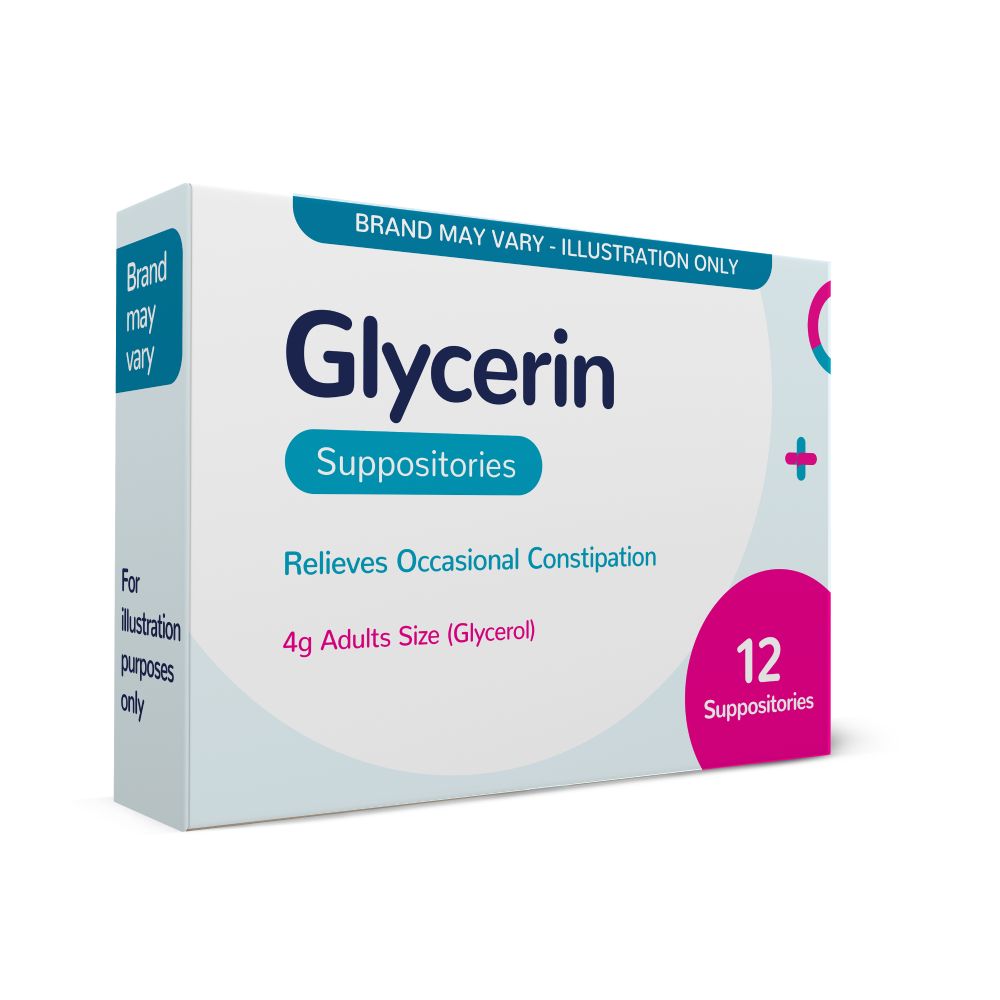
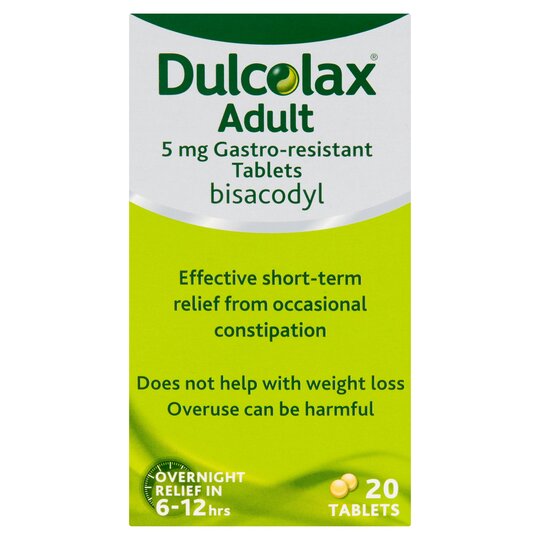
Stimulant laxatives such as dulcolax and senna stimulate the muscles around the gut to move your stool through your intestine. It is unknown whether the benefit of these laxatives is reduced in adults with neuromuscular disorders due to their reduced muscle function.
Bulk forming laxatives such as fybogel are fibre supplements which increase the fluid content and bulk of stools. However, these can worsen symptoms if fluid intake is not increased and are not very useful.
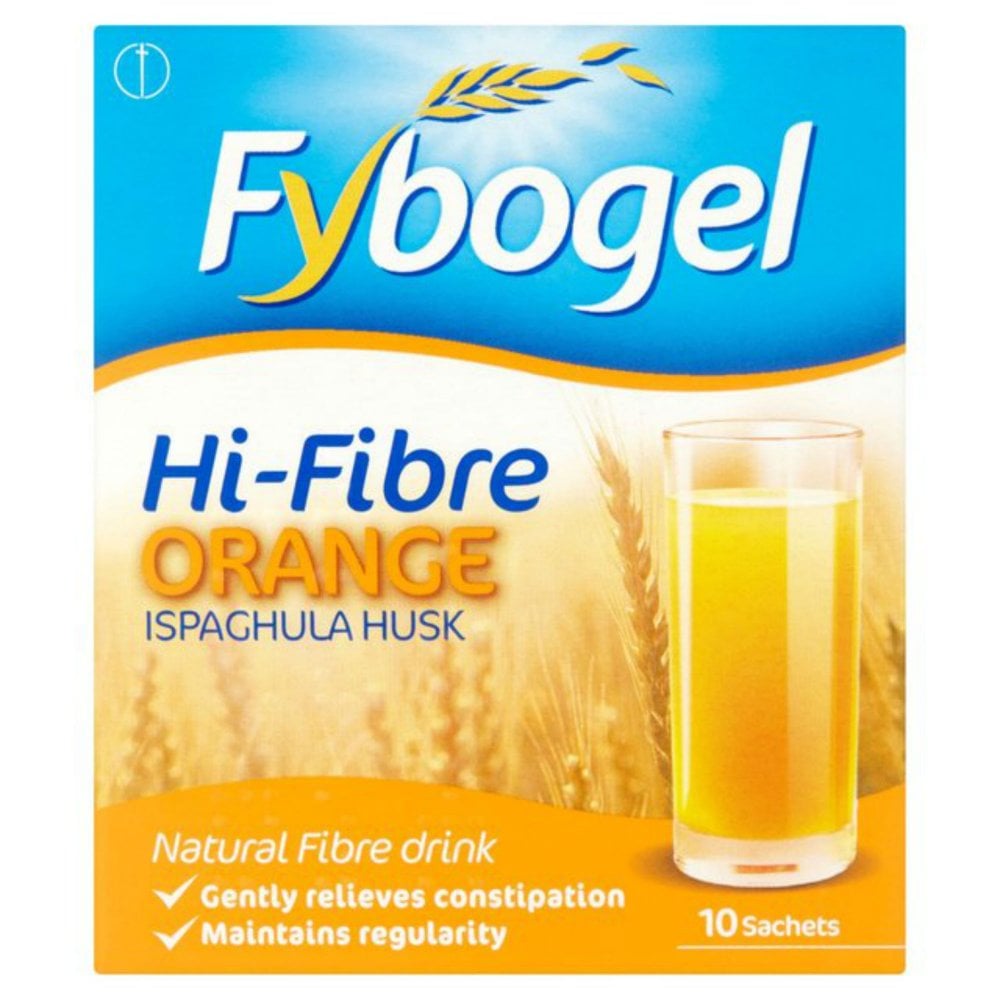
“I use the Peristeen anal irrigation system that uses water to empty out the bowel, inserted into the rectum using a rectal catheter whilst sitting on the toilet. The water stimulates the bowel and flushes out the stool, leaving the lower half of the bowel empty. My carers received training in the system from a registered nurse and the system is prescribed by my doctor. It took me a while to get used to, but once I got used to it I found it very useful and effective, as it relieves the strain and minimises the strength required when going to the toilet”.
Mithun, UK
